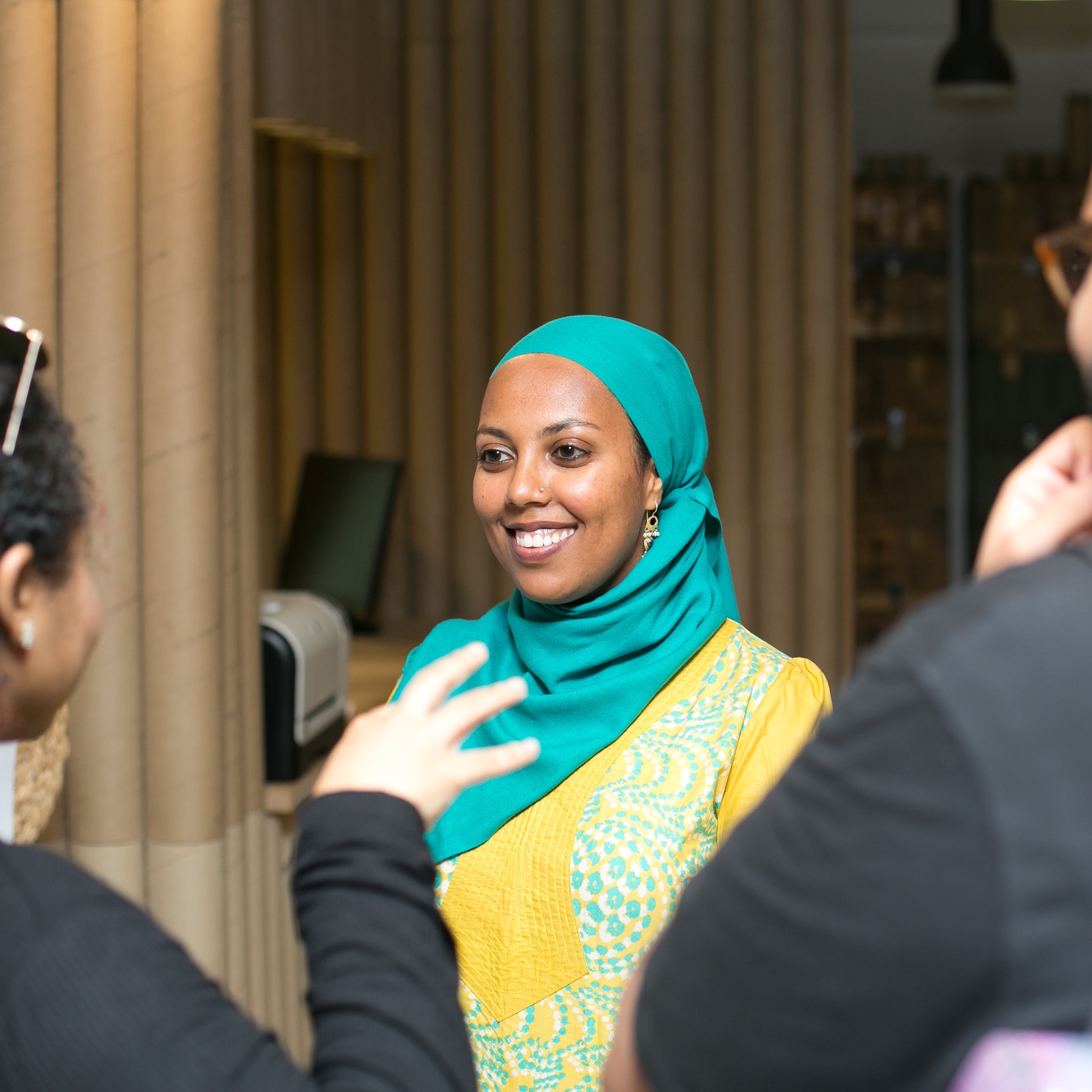"Religion doesn’t discriminate, but practice often does." - Nebila Abdulmelik (Ethiopia) 2/3
/This is part 2 of a three-part conversation with Ethiopian feminist Nebila Abdulmelik. In part 1, Nebila talked about anchoring her activism in faith. So I dug a little deeper.
You are a devout Muslim, and actually I’ve learned a lot about Islam just by following you on social media. Can you tell me more about how your faith influences who you are as a feminist?
The way I understand it, the essence of religion, and of Islam, is about being good: being good to yourself, being good to people, and looking out for your neighbour. At its core, Islam is about justice. It's about love. It's about peace. I think that’s exactly what we feminists are calling for. We want people to be treated with respect, we want them to live dignified lives, and we want justice.
"[Feminists] want people to be treated with respect, we want them to live dignified lives, and we want justice."
That’s how I feel about religion. It keeps me grounded and it keeps reminding me that there's a power that is greater than all of us. I think it also keeps me hopeful as well, because it keeps me believing that there are better days ahead.
And yet one of the most common arguments we hear is that feminism is not compatible with religion, and Islam in particular. How do you respond to that? Do you even engage in those conversations anymore, or are you too tired?
To be honest, often I try not engage, unless the question is directed at me, or someone is asking for my personal opinion. When I do respond, what I say is that the narrative about Islam being oppressive to women is partly the result of people’s ignorance of what the place of women in Islam actually is.
"The narrative about Islam being oppressive to women is partly the result of people’s ignorance."
People don’t know that in Islam, there are incredible examples of really kickass women in Islam. Sorry, I can’t think of a better term! Did you know that very first person to become a martyr in Islam was a woman? Also, the lady that the Prophet married was 25 years older than him and was a renowned, economically self-sufficient businesswoman with an army of employees who were running her trade.
I didn’t know all that. Tell me more!
We also have to understand how gender plays out in the politics of any religious institution. These institutions rely on a patriarchal system. For example, who are the people who are interpreting the religious texts? So of course sometimes it is more convenient for the men in charge to say women are not allowed to do X, Y or Z, or they must do A, B or C. The interpretation that we have of religious texts is patriarchal in nature.
"Really, it’s a constant battle for us to assert that there is nothing in religion inherently that discriminates against women. Religion doesn’t discriminate, but practice often does."
Really, it’s a constant battle for us to assert that there is nothing in religion inherently that discriminates against women. Religion doesn’t discriminate, but practice often does.
For example people will say Islam promotes female genital mutilation, but imams have come out to say nothing in the Quran advises that we should mutilate a woman. During the time of the prophet, killings of girls were commonplace – this stopped with the Prophet. He also introduced inheritance to women which was unheard of. Women, during the time of the Prophet were warriors, scholars, traders....
We have to recognize the boundaries that were being crossed in terms of women’s rights with the advent of Islam.
In the 3rd and final part of our conversation, Nebila and I covered one of our favourite topics: books! Have a read.


